Act 1
The Muse introduces herself as the protector of Hoffmann and announces that she will contend against the singer Stella for Hoffmann’s love and art. Stella, the celebrated primadonna, has just performed as guest in Mozart’s »Don Giovanni«. Gloomy Lindorf, who crosses Hoffmann’s path whenever he experiences misfortune, intercepts a letter from Stella which is meant for Hoffmann and ridicules the women who favour the unsuccessful artists over him. Meanwhile, in a social get-together in Luther’s wine cellar, Hoffmann is missed. When he appears in a melancholic mood, the group urges him to entertain them with the legend of the dwarf named Klein-Zack. Hoffmann fulfils the request but loses the thread half way through and describes his ideal woman – Stella – instead of the malformed dwarf. Goaded on by Lindorf and the friends, he starts to tell the tales of his three loves.
Act 2
At Monsieur Spalanzani’s, Hoffmann and the Muse meet the unbelievably beautiful Olympia. Hoffmann is immediately fascinated by her and ignores the warnings of his sceptical companion. The mysterious Coppélius then appears who sells »eyes« and also does business with Hoffmann. Coppélius and Spalanzani furtively argue about the price of »their« Olympia. Later, Spalanzani introduces Olympia as his »daughter« to his invited guests – they are all impressed by her perfection particularly Hoffmann who, in a quiet moment, declares his love for her. As they dance a waltz together, Olympia is almost unstoppable until the betrayed Coppélius furiously lunges towards her and destroys her. Hoffmann realises that he has fallen in love with a mechanical doll.
Act 3
Antonia is longingly waiting for Hoffmann with whom she used to make music before her father Crespel fled to another city with her and stopped her from singing. After a short but happy reunion with Hoffmann he is witness to a mysterious act which the sinister Doctor Miracle carries out on Antonia. Hoffman learns of Antonia’s illness which leads to the death of the young woman if she sings – Antonia’s mother, a famous singer, died of the same illness. Hoffmann gets his loved one to promise that she will never sing again. Both swear their love to one another. However, Hoffmann has only just gone when Miracle appears who awakens Antonia’s ambition. With her mother’s voice in her ears, Antonia is persuaded to sing again – and dies.
Act 4
Hoffmann has renounced love but Giulietta is used to every man falling for her. With the promise of a sparkling diamond as reward, she promises the demoniac Dapertutto that she will seduce Hoffmann and steal his reflection just as she did with Schlemihl’s shadow. She does, indeed, manage to awaken Hoffmann’s passion until he is prepared to give her what she wants if only he can live together with Giulietta. Too late, he realises that, with the loss of his refection, he has also lost his self.
Act 5
The Muse recognises that the three aspects of Hoffmann’s failed loves – the doll, the artist and the courtesan – are united in one woman: Stella. However, burnt out from his losses, Hoffmann does not find his way to her. One is great through love but greater through the tears declares the Muse. Lindorf’s shadow, however, lies on Hoffmann’s soul.
Prologue
A tavern in Nuremberg: The Muse appears and reveals to the audience her purpose is to draw Hoffmann's attention, and make him abjure all other loves, so he can be devoted to her: poetry. She takes the appearance of Hoffmann's closest friend, Nicklausse. The prima donna Stella, performing Mozart's Don Giovanni, sends a letter to Hoffmann, requesting a meeting in her dressing room after the performance. The letter and the key to the room are intercepted by Councillor Lindorf ("Dans les rôles d'amoureux langoureux" – In the languid lovers' roles), the first of the opera's incarnations of evil, Hoffmann's nemesis. Lindorf intends to replace Hoffmann at the rendezvous. In the tavern, students wait for Hoffmann. He finally arrives, and entertains them with the legend of Kleinzach the dwarf ("Il était une fois à la cour d'Eisenach" – Once upon a time at the court of Eisenach). Lindorf coaxes Hoffmann into telling the audience about his three great loves.
Act 1 (Olympia)
This act is based on a portion of "Der Sandmann" (The Sandman).
Hoffmann's first love is Olympia, an automaton created by the scientist Spalanzani. Hoffmann falls in love with her, not knowing Olympia is a mechanical doll ("Allons! Courage et confiance...Ah! vivre deux!" – Come on! Courage and confidence ... Ah! to live!). To warn Hoffmann, Nicklausse, possessing the truth about Olympia, sings a story of a mechanical doll with the appearance of a human, but Hoffmann ignores him ("Une poupée aux yeux d'émail" – A doll with enamel eyes). Coppélius, Olympia's co-creator and this act's incarnation of Nemesis, sells Hoffmann magic glasses to make Olympia appear as a real woman ("J'ai des yeux" – I have eyes).
Olympia sings one of the opera's most-famous arias, "Les oiseaux dans la charmille" (The birds in the arbor, nicknamed "The Doll Song"), during which she runs-down and needs to be wound-up before she can continue. Hoffmann is tricked into believing his affections are returned, to the bemusement of Nicklausse, subtly attempting to warn his friend ("Voyez-la sous son éventail" – See her under her fan). While dancing with Olympia, Hoffmann falls on the ground and his glasses break. At the same time, Coppélius appears, tearing Olympia apart to retaliate against Spalanzani after cheating him of his fees. With the crowd ridiculing him, Hoffmann realizes he loved an automaton.
Act 2 (Antonia)
This act is based on "Rath Krespel".
After a long search, Hoffmann finds the house where Crespel and his daughter Antonia are hiding. Hoffmann and Antonia loved each other, but were separated after Crespel decided to hide his daughter from Hoffmann. Antonia inherited her mother's talent for singing, but her father forbids her to sing because of her mysterious illness. Antonia wishes her lover would return to her ("Elle a fui, la tourterelle" – "She fled, the dove"). Her father also forbids her to see Hoffmann, encourages Antonia in her musical career, and therefore, endangers her without knowing it. Crespel tells Frantz, his servant, to stay with his daughter, and after Crespel leaves, Frantz sings a comical song about his talents "Jour et nuit je me mets en quatre" – "Day and night, I quarter my mind."
After Crespel leaves his house, Hoffmann takes advantage of the occasion to sneak in, and the lovers are re-united (love duet: "C'est une chanson d'amour" – "It's a love song"). After Crespel returns, he receives a visit from Dr Miracle, the act's Nemesis, forcing Crespel to let him heal her. Eavesdropping, Hoffmann learns Antonia may die if she sings too much. He returns to her boudoir, and makes her promise to give up her artistic-dreams. Antonia reluctantly accepts her lover's will. After she is alone, Dr Miracle enters Antonia's boudoir to persuade her to sing and follow her mother's path to glory, stating Hoffmann is sacrificing her to his brutishness, and loves her only for her beauty. With mystic powers, he raises a vision of Antonia's dead mother and induces Antonia to sing, causing her death. Crespel arrives just in time to witness his daughter's last breath. Hoffmann enters, and Crespel wants to kill him, thinking he is responsible for his daughter's death. Nicklausse saves his friend from the old man's vengeance.
Act 3 (Giulietta)
This act is loosely-based on Die Abenteuer der Silvester-Nacht (A New Year's Eve Adventure).
Venice. The act opens with the barcarolle "Belle nuit, ô nuit d'amour" – "Beautiful night, oh night of love". Hoffmann falls in love with the courtesan Giulietta, and thinks she returns his affections ("Amis, l'amour tendre et rêveur" – "Friends, tender and dreamy love"). Giulietta is not in love with Hoffmann, but seducing him under the orders of Captain Dapertutto, promising to give her a diamond if she steals Hoffmann's reflection from a mirror ("Scintille, diamant" – "Sparkle, diamond"). The jealous Schlemil (cf. Peter Schlemihl for a literary antecedent), a previous victim of Giulietta and Dapertutto (he gave Giulietta his shadow), challenges the poet to a duel, but is killed. Nicklausse wants to take Hoffmann away from Venice, and goes looking for horses. Meanwhile, Hoffmann meets Giulietta, and cannot resist her ("O Dieu! de quelle ivresse" – "O God! of what intoxication"): he gives her his reflection, only to be abandoned by the courtesan, to Dapertutto's great pleasure. Hoffmann tells Dapertutto his friend Nicklausse will come and save him. Dapertutto prepares a poison to get rid of Nicklausse, but Giulietta drinks it by mistake, dropping dead in the poet's arms.
Epilogue
The tavern in Nuremberg: Hoffmann, drunk, swears he will never love again, and explains Olympia, Antonia, and Giulietta are three facets of the same person, Stella. They represent, respectively, the young girl's, the musician's, and the courtesan's side of the prima donna. After Hoffmann says he doesn't want to love any more, Nicklausse reveals she is the Muse and reclaims Hoffmann: "Be reborn a poet! I love you, Hoffmann! Be mine!" – "Renaîtra un poète! Je t'aime, Hoffmann! Sois à moi!" The magic of poetry reaches Hoffmann as he sings "O Dieu! de quelle ivresse – "O God! of what intoxication" once more, ending with "Muse, whom I love, I am yours!" – "Muse que j'aime, je suis à toi!" At this moment, Stella, tired of waiting for Hoffmann to come to her rendezvous, enters the tavern and finds him drunk. The poet tells her to leave ("Farewell, I will not follow you, phantom, spectre of the past" – "Adieu, je ne vais pas vous suivre, fantôme, spectre du passé"), and Lindorf, waiting in the shadows, comes forth. Nicklausse explains to Stella that Hoffmann does not love her anymore, but Councillor Lindorf is waiting for her. Some students enter the room for more drinking, while Stella and Lindorf leave together.


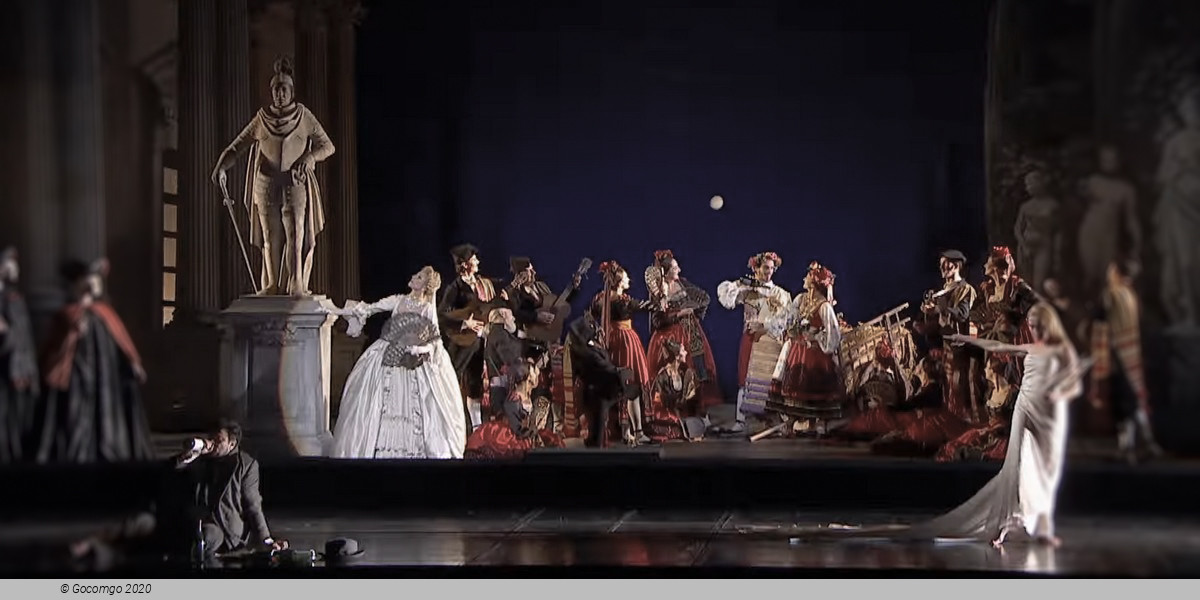
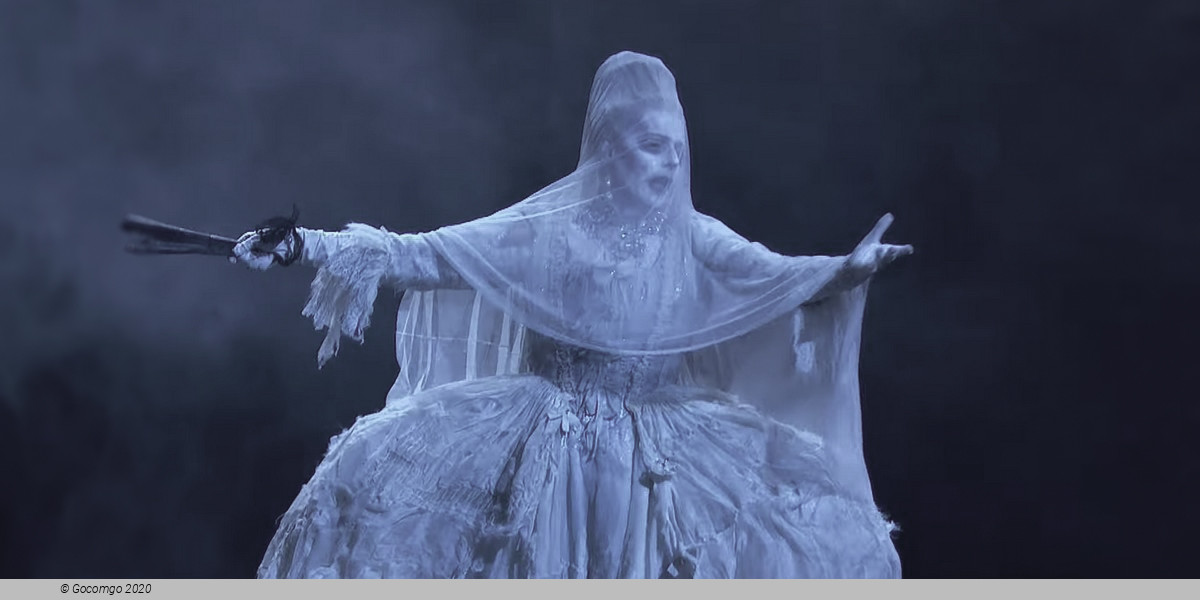
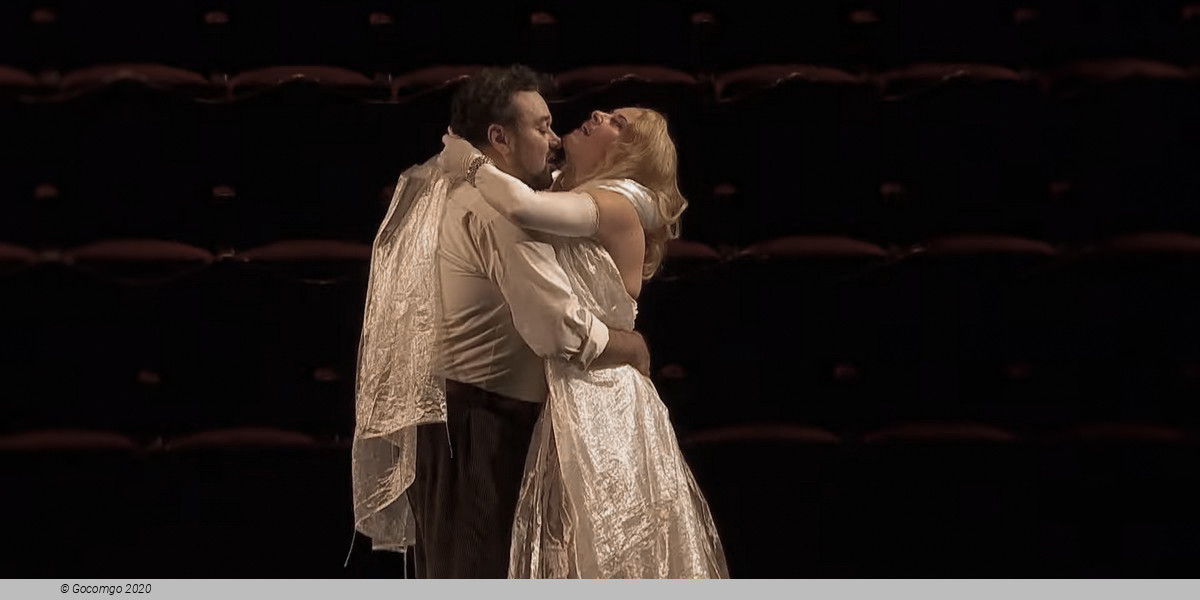
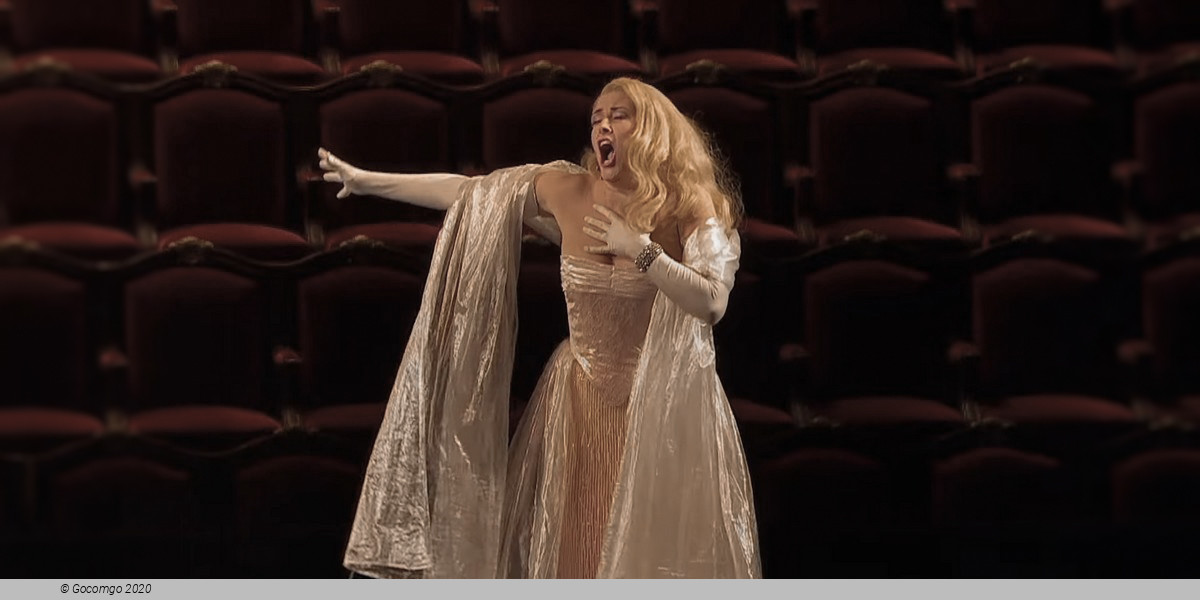
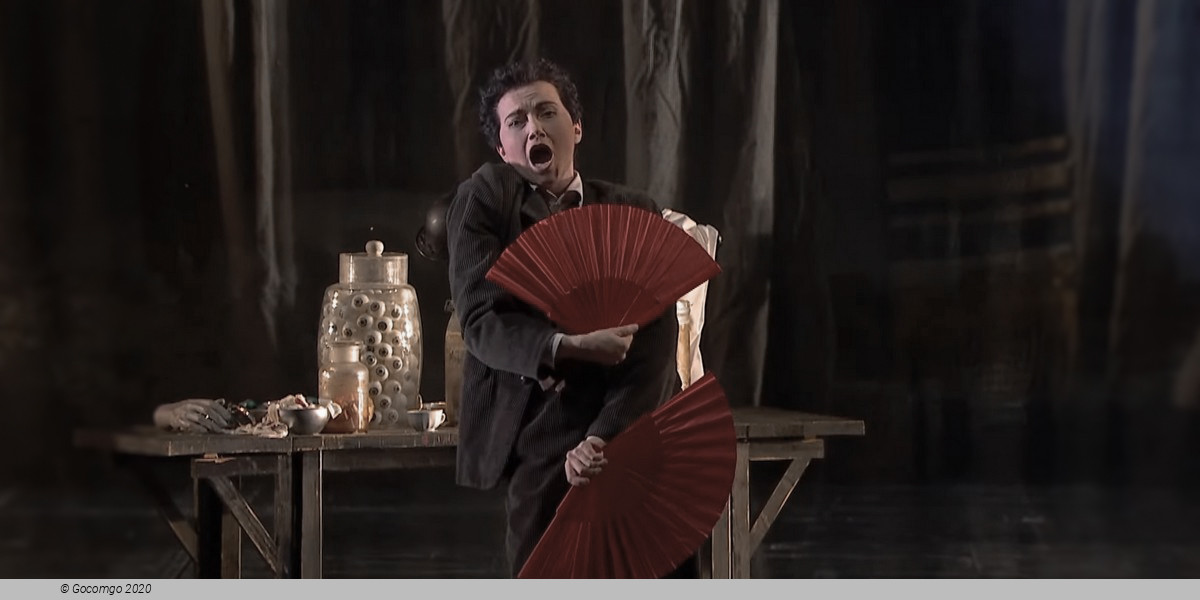
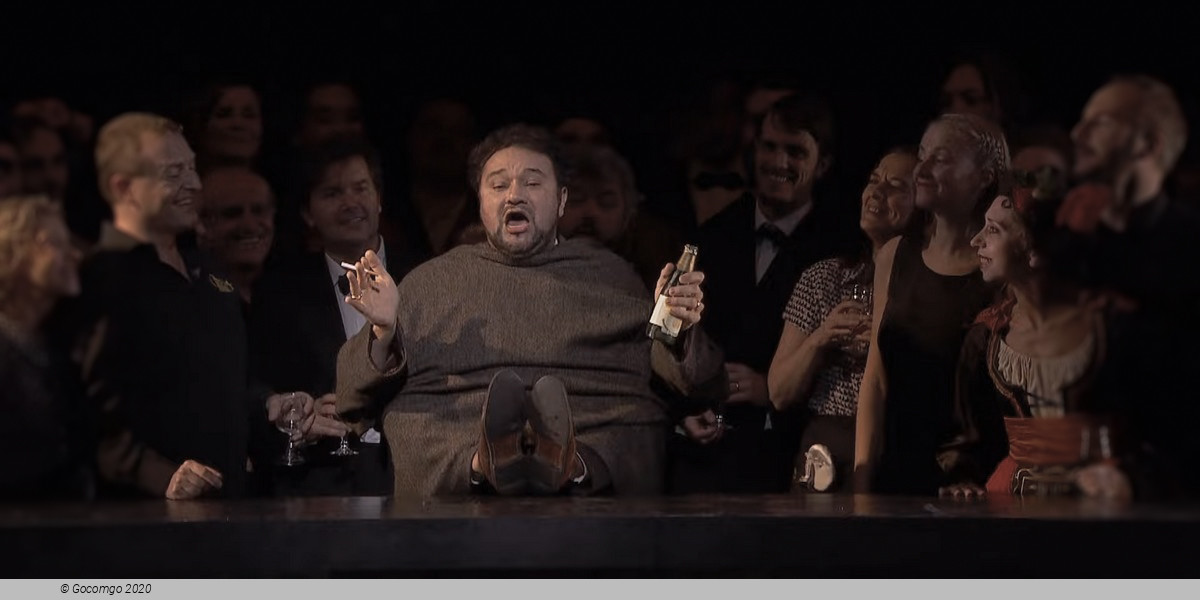
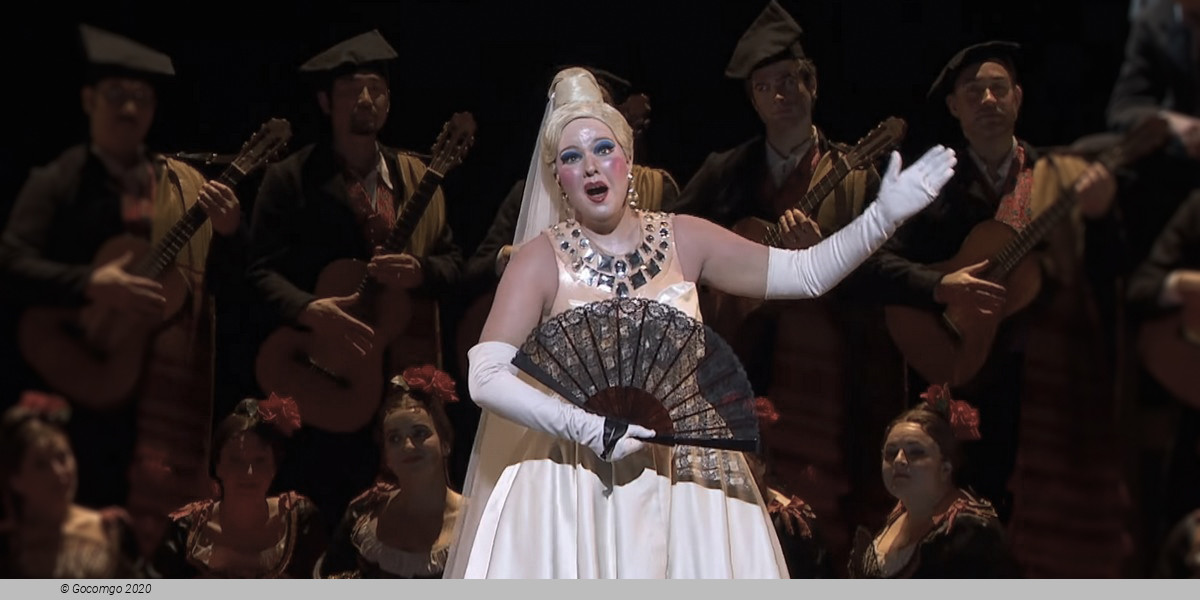
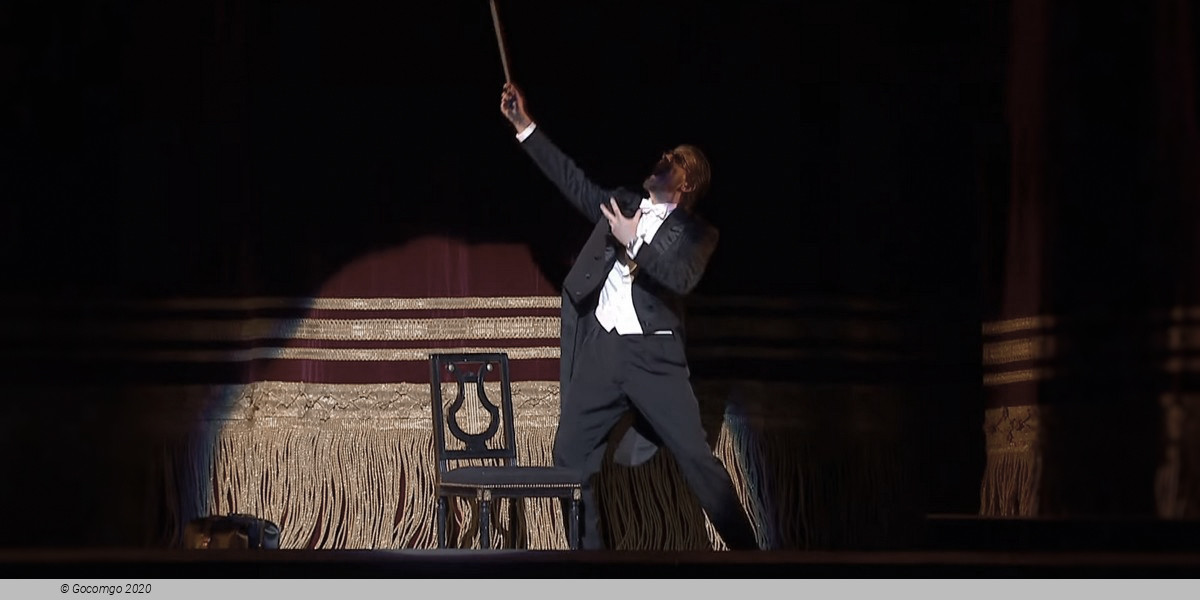
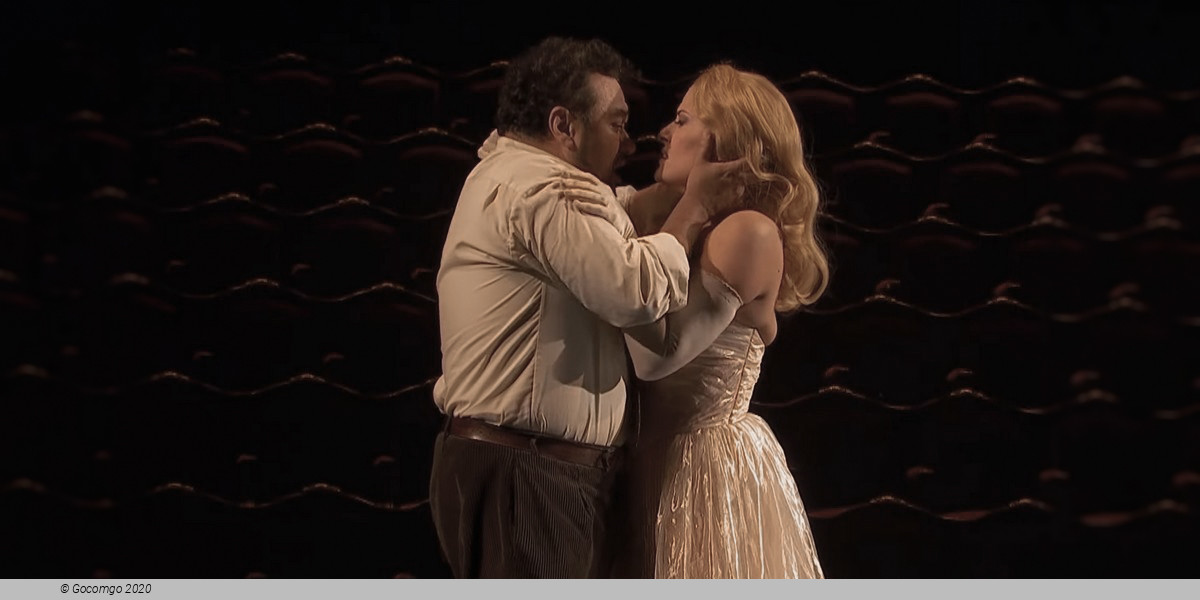
 Heinrich-Heine-Allee 16a, 40213
Heinrich-Heine-Allee 16a, 40213